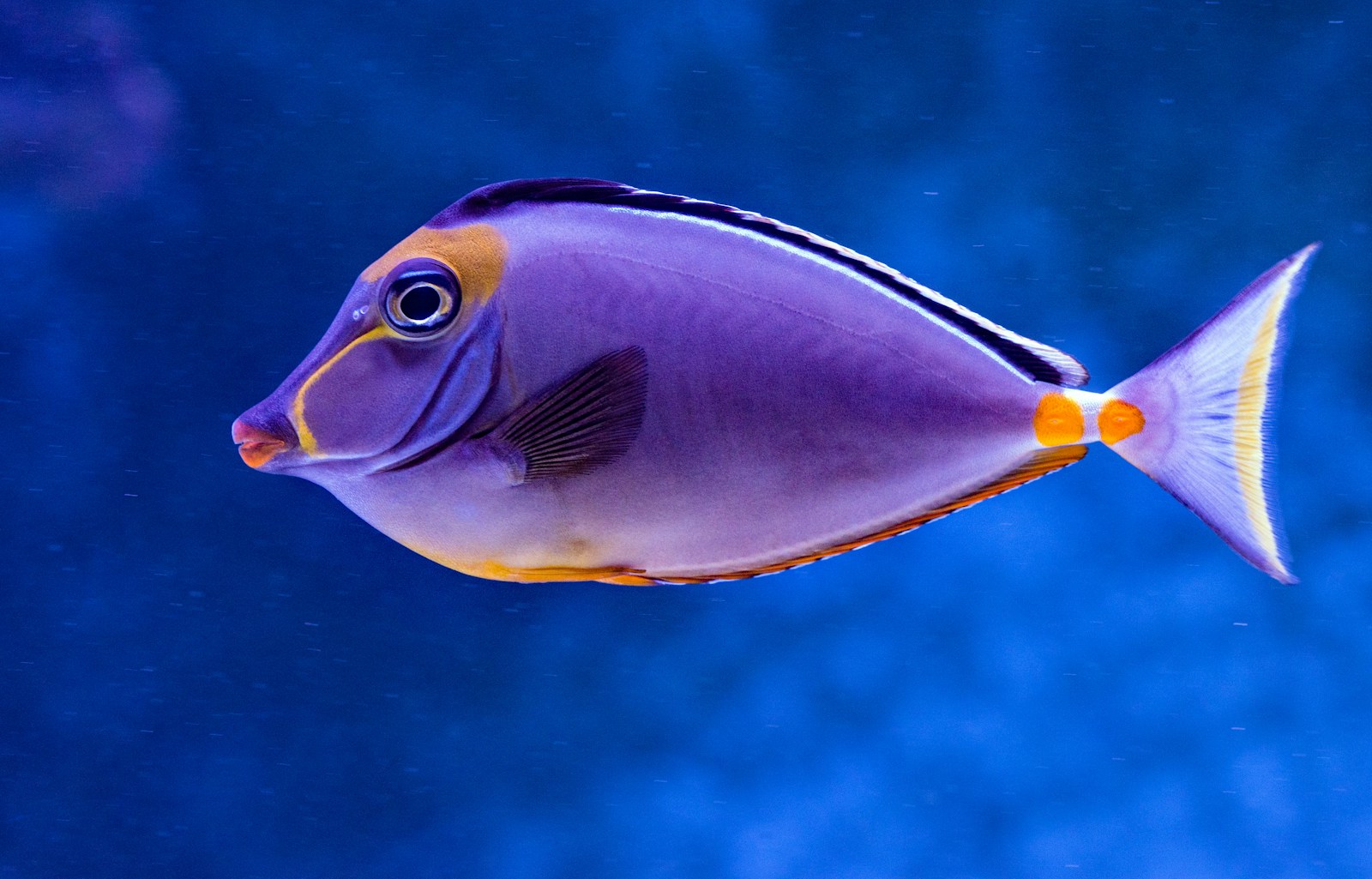
鱼
yú

fish
Fish is a commonly cooked food in China, enjoyed in various forms like steamed, fried or in soup.
Example sentences using: 鱼
爸爸喜欢钓鱼。
bàba xǐhuan diàoyú.

Dad likes fishing.
This sentence demonstrates the usage of '鱼' in a hobby context. Here, '鱼' is used as a part of the word '钓鱼', meaning 'fishing'.
姐姐不吃鱼。
jiějie bù chī yú.

My older sister doesn't eat fish.
This sentence shows the common usage of '鱼' which means 'fish'. Here, we learn how to indicate preference in food by using the negative form '不'.
我家有一只猫,它喜欢吃鱼。
wǒ jiā yǒu yī zhī māo, tā xǐhuan chī yú.

We have a cat at home, it likes to eat fish.
Here, '鱼' demonstrates the dietary habits of a pet. It helps explain that even pets could have preferences on what they eat.
我的弟弟怕鱼。
wǒ de dìdi pà yú.

My younger brother is afraid of fish.
In this sentence, '鱼' is used to signify a fear or phobia. It highlights an individual's unique fears or dislikes.
妈妈在厨房做鱼。
māma zài chúfáng zuò yú.

Mom is cooking fish in the kitchen.
Here, '鱼' refers to a dish being prepared, telling us about common family activities.
今天晚饭我们吃鱼。
jīntiān wǎnfàn wǒmen chī yú.

We're eating fish for dinner tonight.
This sentence talks about a meal plan for the family, using '鱼' to indicate the main dish of the meal.
我去海边看鱼。
wǒ qù hǎibiān kàn yú.

I went to the seaside to see fish.
In this sentence, '鱼' refers to the animal fish in nature. It can be used to express activities in various settings.
哥哥养了一条金鱼。
gēgē yǎng le yītiáo jīnyú.

My older brother has a pet goldfish.
This sentence uses '鱼' to talk about owning pets, in this case, a goldfish, expanding the word's usage to an animal companion.
鱼汤是我们家的传统食物。
yútāng shì wǒmen jiā de chuántǒng shíwù.

Fish soup is our family's traditional food.
In this usage, '鱼' alludes to a particular dish - fish soup. It shows how specific dishes can play a significant role in family traditions and cultures.
爷爷给我讲了一个关于鱼的故事。
yéye gěi wǒ jiǎng le yīgè guānyú yú de gùshi.

Grandpa told me a story about fish.
Here, '关于鱼的故事' refers to a story about fish, demonstrating how the word '鱼' can be expanded into different contexts.